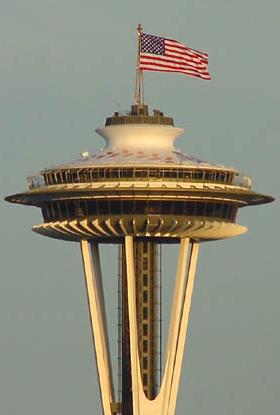Bubble, Bubble, Oil and Trouble
VDH has written yet another fantastic column - this time on the effects of high oil prices on world politics and why the world seems to be going to hell in a handbasket:
Here are three excerpts. The highlights are mine:
********************
"Take away the $300-500 billion in windfall profits piled up in the coffers of the oil-exporting nations recently, and Hugo Chavez becomes just another spluttering Castro, hardly able to pay for his bankrupt populism in Venezuela, much less export it beyond his borders.
Without petroleum largesse, Iran's Mohammed Ahmadinejad could afford neither a multi-billion-dollar nuclear weapons program nor costly subsidies for terrorist groups like Hezbollah and Hamas.
Vladimir Putin's crackdown on capitalists, political freedom, and further Russian reforms comes only because he controls energy exports vital to the world economy."
********************
"Foreign policy is warped as well...When poor oil-importing countries in Africa and Latin America make sacrifices to enact tough market reforms, their hard work only helps to enrich failed states like Iran, Libya, and Venezuela lucky enough to have an accidental resource beneath their feet that was found, exploited, and mostly purchased by the Westerners they demonize."
********************
And the grand finale:
********************
"Next time we whine that we cannot drill in the Arctic or off our coasts, that nuclear power is too dangerous, that government-encouraged conservation violates free enterprise, or that gasification from coal and shale is too costly, we should remember: there are insidious — and dangerous — costs in today's oil trade too."
********************
Brilliant.

